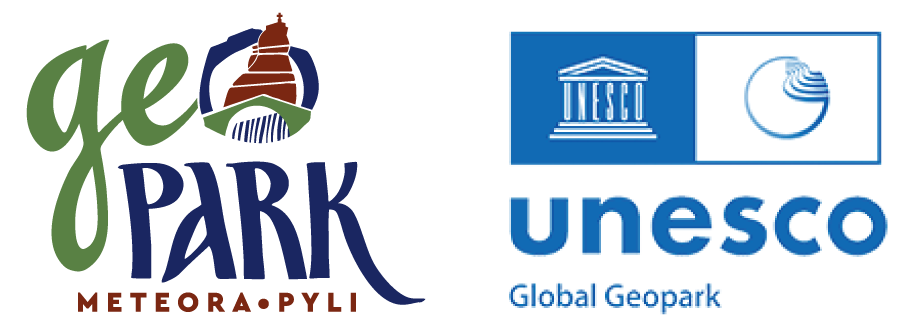Geoethics, which addresses the ethical, social, and cultural dimensions of geoscientific activities, is essential for fostering responsible human engagement with the Earth,
particularly within frameworks such as UNESCO Global Geoparks (UGGps). UGGps
play a critical role in safeguarding geological heritage and advancing sustainable regional
development.
This study introduces the Geoethical Awareness Scale (GAS), a 32-item instrument developed across 16 thematic axes, designed to assess geoethical awareness. We analyzed responses from n = 798 residents across nine Hellenic UGGps using Exploratory and Confirmatory Factor Analyses, retaining items with factor loadings of ±0.30 or higher.
Six factors emerged:
- Geological heritage conservation and sustainable georesource use
- Community engagement and collaborative governance
- Sustainability through geoenvironmental education
- Environmental challenges and risk adaptation
- Sustainable geotourism
- Climate awareness and ecosystem resilience
Collectively, these factors explained 60.12% of the variance, with Cronbach’s alpha values demonstrating acceptable to excellent reliability.
Structural Equation Modeling confirmed the scale’s validity, with fit indices indicating acceptable model adequacy. Incremental indices suggested moderate alignment, while parsimony-adjusted metrics supported a balance between model complexity and fit.
Overall, the GAS demonstrated generalizability and sufficient sample robustness. Correlation analyses highlighted the role of geoeducation, organizational involvement, and direct experience in fostering pro-geoconservation attitudes.
While perceptions of sustainable development and ecosystem resilience varied geographically across UGGps, community engagement and governance remained consistent, likely reflecting standardized policy frameworks.
GAS offers a valuable tool for assessing geoethical awareness and underscores the importance of targeted geoeducation and participatory governance in promoting ethical geoscientific practices within UGGps and similar socioecological systems.
Access the full research here.

